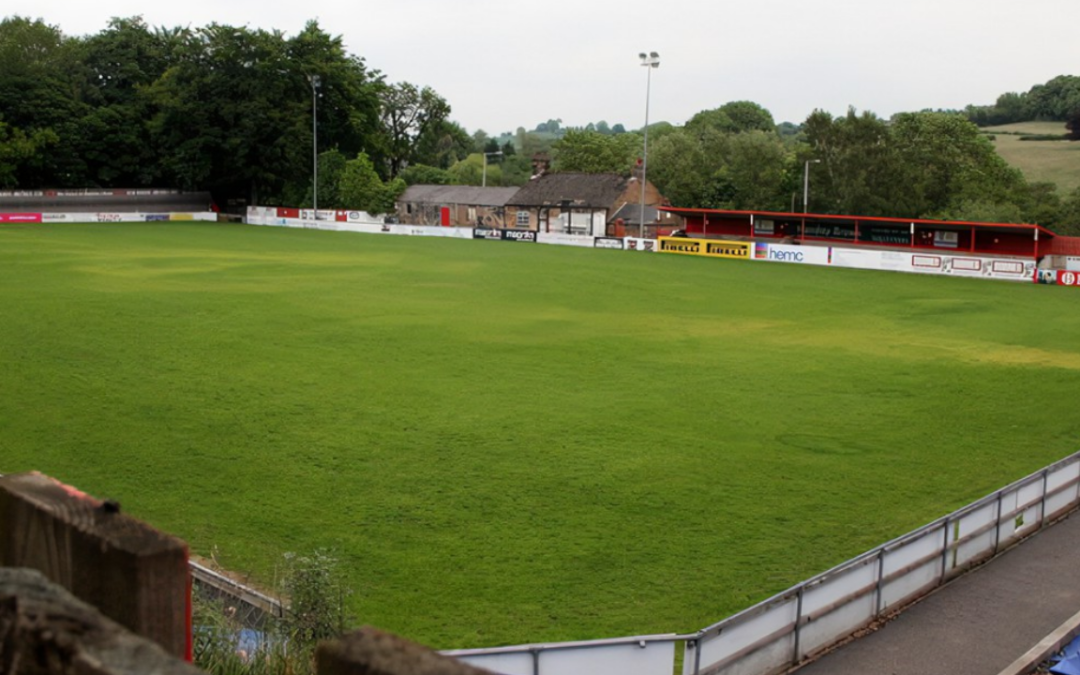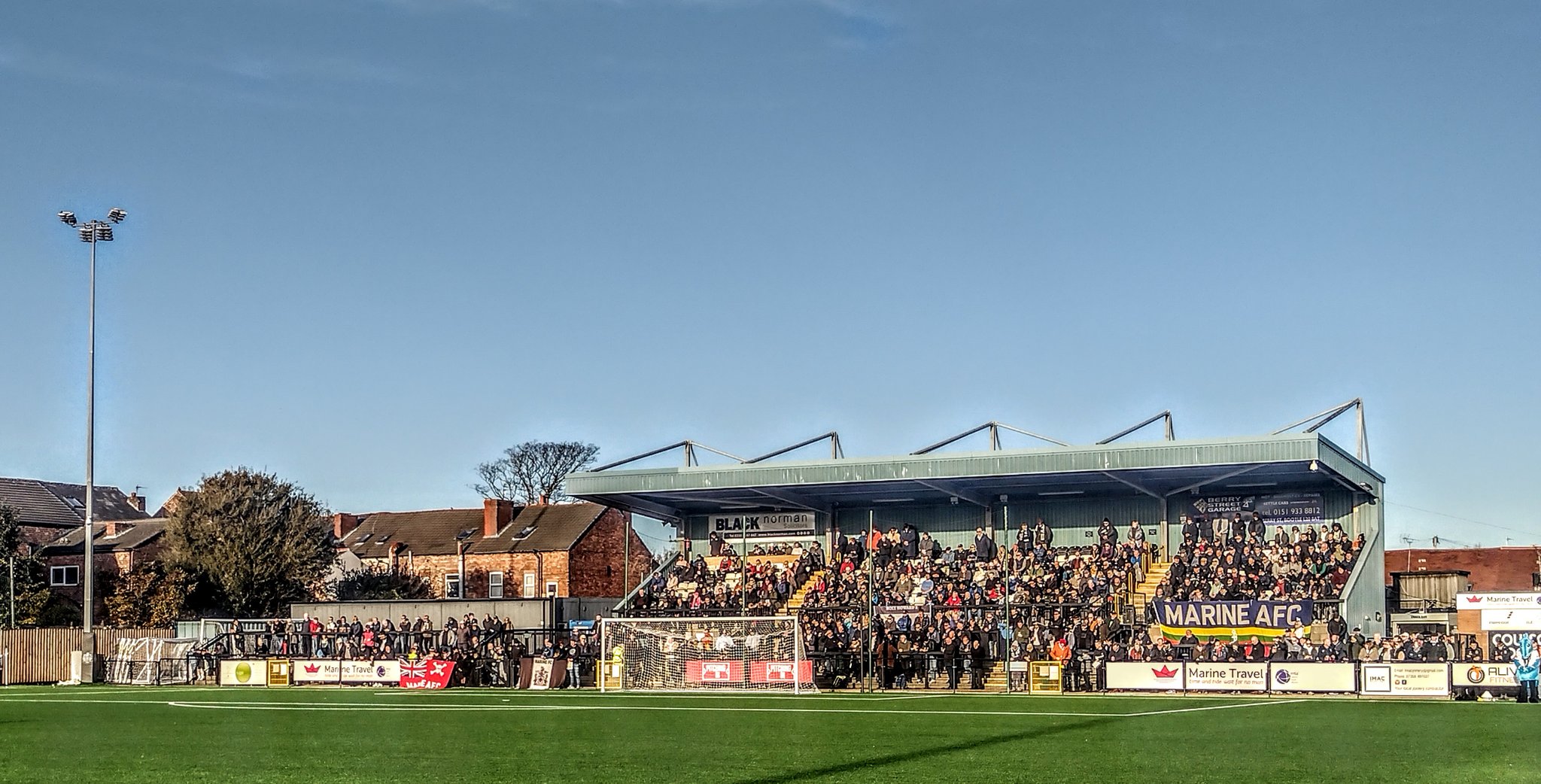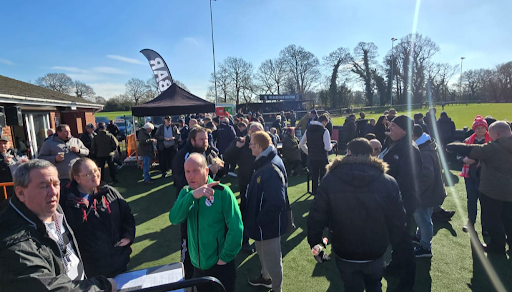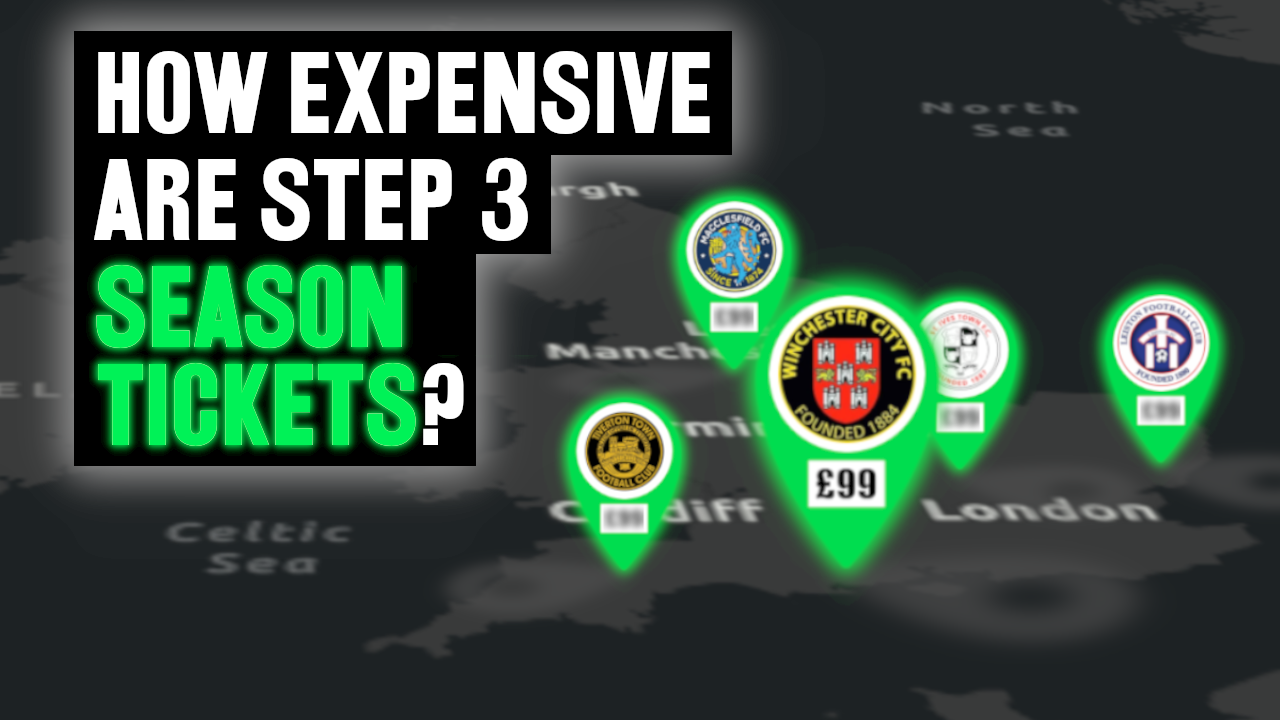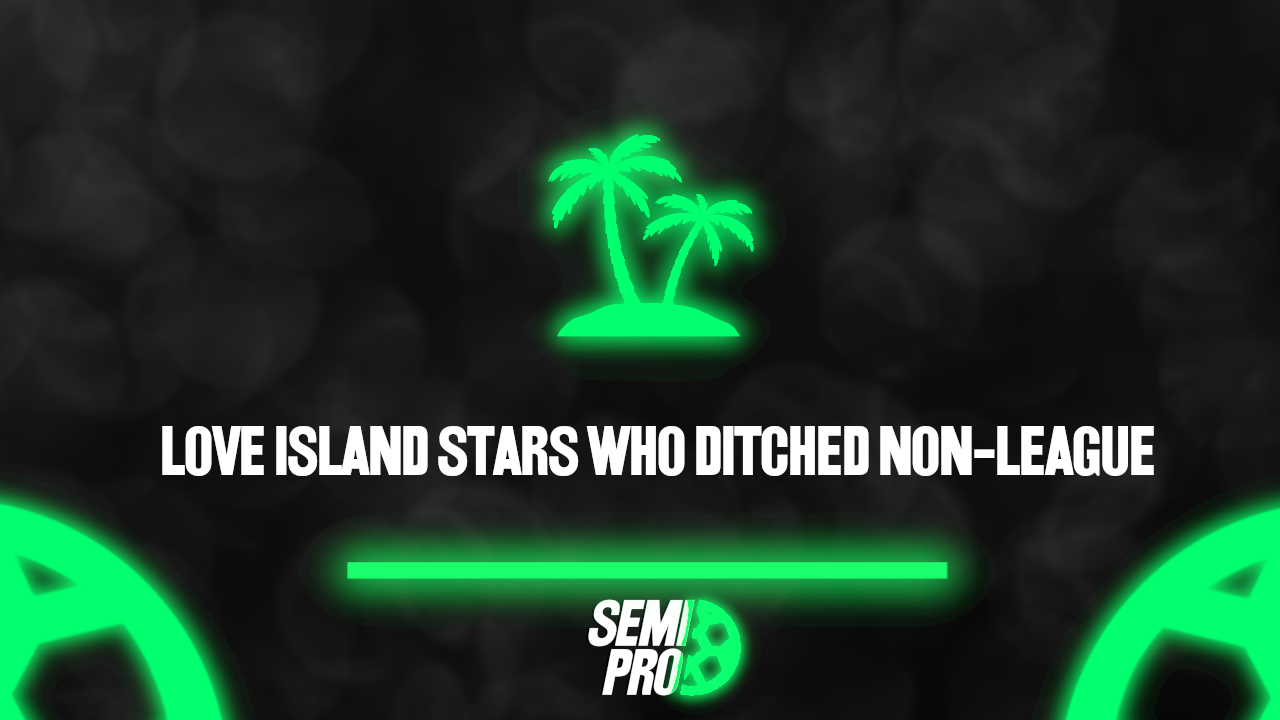Football is the most paradoxical thing on Earth.
It’s the type of thing which if you had to recount it to a clueless, nodding and helplessly-accommodating American in a middle-English pub, – The Black Prince on Abington Square does a sound Guinness by the way – they will look at you confused before awkwardly shifting the topic to their Stonehenge visit or basketball or some other placid Americanism.
Within this paradox though, there can be none greater than non-league football.
Follow me, if you will, for a second. Cristiano Ronaldo is being paid millions a year. Roughly speaking, he made 100 quid whilst you were reading this. Why? Because he is very good… at putting a ball in a net.
That is hilarious, insane, irrational and even beautiful in its way. First and foremost, it is impossible to explain to someone who just doesn’t get it.
Now, imagine explaining that there are people who dedicate large parts of themselves to it for basically nothing. That’s non-league football.
For its part, non-league football struggles, in general, just to stay afloat.
Over the course of a decade and a half, we’ve seen the end of several thousand amateur clubs – and with them unique traditions and histories.
The reasons for this are myriad and complicated but roughly it could be defined as the world’s least complicated maths equation: too few people, not much money.
Those that have survived may have weathered the worst of it but ultimately the all-too-familiar demands for more players, more money and more matches will still filter across non-league grounds and local pubs in England.
As grim as the situation can sometimes appear though, non-league football, like the men who play and watch it, will always be here.
The question is why? Non-league football experienced a post-war pinnacle in the 60s and 70s, doubtlessly because pubs used to have shorter hours and the TV eye was not yet in every hearth and home.
In an age where scientists report that goldfish have an average attention span of nine seconds, and human beings eight seconds and where you can watch every league football match in Europe on one screen in your bedroom – how does our niche survive?
Have you ever heard the expression “If you could bottle that feeling, you’d be a millionaire?” That. That is precisely why.
Non-league football is full of those feelings.
In a sport consisting entirely of football for football’s sake, it practically is those feelings.
From a player’s perspective, there are probably few things more surreal than watching the bloke from your local chippy turn, miraculously, into prime R9 for a half before being subbed off with cramp.
For supporters, non-league football does what football should do for everyone: provide funny stories to recount whilst your down for a few after the next evening match.
Non-league football is a close-knit microcosm of a community, a condensed and nostalgic view into the first and original working man’s game: a singularly-intimate community event. All for about 200 quid less than a ticket under the roof leak at Old Trafford.
For my part, I grew up amidst one of non-league football’s most difficult eras but have been equally fortunate to trace one of non-league football’s most miraculous stories: Luton Town Football Club (LTFC).
If you don’t remember (you probably do), you may recall pictures on social media of our beloved Oak Stand at Kenilworth Road where, yes, you have to walk over people’s gardens to get in.
LTFC’s promotion to the Premier League saw the final step in a decade-long journey from non-league to top-flight, causing as emphatic a buzz about the town as I’d ever seen.
It was the best of feelings – but naught in power and volume compared to the virulence of the town’s reaction to our controversial demotion a decade and a half earlier.
Some were optimistic, most were fatalistic.
That emotive, sorrowful fatalism is where I came to understand the paradoxical relationship – between non-league teams and the infinitely-devoted men who follow them – men like David.
David has been a Hatter for the better part of 40 years – most of that with Luton bobbing between what is now the Championship and League One.
Spend any amount of time with him, and Luton’s football culture from the 80s and 90s won’t be lost on you.
Luton’s fanbase in the 80s can boast (and they will) one of the first truly mixed-culture football traditions, which at the time distinguished them and was a point of pride for the diverse city, along with its then-formidable nightlife, a great addition to a late kick-off.
Whilst sitting in a sleepy pub amidst one of our 15 losses during the 2012-13 football conference season, the temptation for David and even the most hardened hatter was a silent admission of defeat.
“I was after her for ages. Charming, charming. Getting nowhere. Trying each time. Then one night…”
Immediately that variety of eye-roll reserved for a poorly-timed story about days past over a pint rolled in.
“I was steaming, but not too steaming, I definitely wanted to be fresh for the morning. What I remember most was the burger van.”
For all the wind of nightlife at that time, David could somehow recall the most minute account of the night. The smell of the beef, the light dizziness, the colour palette of technicolour strobe-lights.
“She was the most beautiful girl in town in them days. Every boy wanted her but no one could get her.”
Though time had eroded even the memory of her name, he could still recount talking about her brothers, away days, everything and nothing. Most of all, he recounted having wanted her.
The eye-roll came again when he recounted:
“All she said was ‘wanna get a taxi and come back to mine?’”
The eyes raised when he recalled:
“But I can’t.”
“Why not?”
“Leicester away.”
The two least inspiring words in the English language, enough to make men laugh and boys shirk off the girls of their dreams for a hungover 8am drive.
As for the sniggering men gathered near-listlessly around the table that night, they didn’t have to endure another 2 years of usually-unfortunate away days – but they did, complaining endlessly and telling hilarious stories no matter the score.
Like I said, a paradoxical relationship. One defined by funny stories told under dark-orange lighting and spilled beer. A relationship defined by a memorable moment.
Love Island stars who have played in non-league
By Zak Wright

